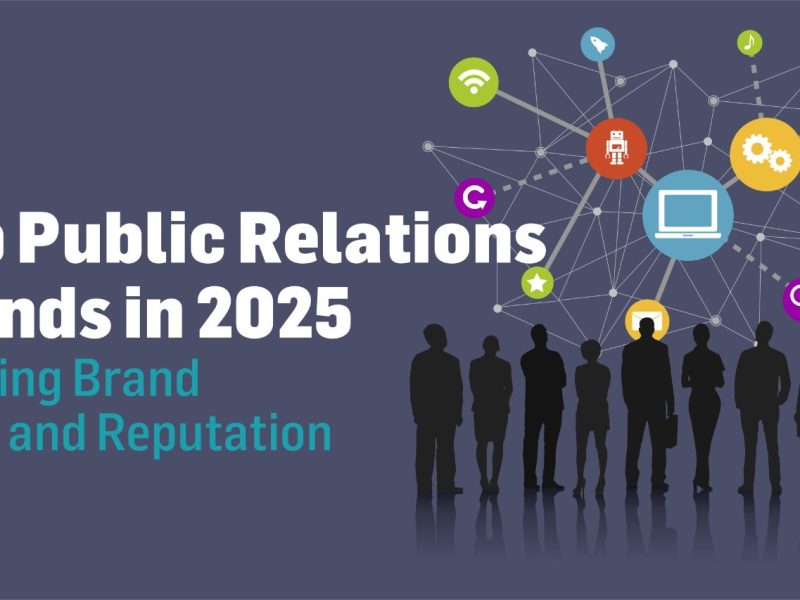
Emotion AI is The Future of Personalized Marketing
Emotion AI, or affective computing, reshapes how brands understand and interact with customers. This technology, which uses machine learning to analyse and respond to human emotions, has come a long way from being a futuristic concept to becoming tangible tool marketers can use. By analysing data points such as facial expressions, voice intonations, and even text sentiment, Emotion AI enables brands to create more personalized, relevant, and impactful campaigns. Let’s explore Emotion AI’s journey, how it’s being used in marketing, and what it means for the future of customer engagement.
How Emotion AI Works: An Overview
Emotion AI systems gather data from various sources, including:
– Facial Recognition: Analysing expressions to detect emotions like happiness, surprise, anger, or sadness.
– Voice Analysis:Recognizing tonal variations that may indicate a user’s emotional state.
– Text Sentiment Analysis: Interpreting the emotions behind words in written content, from reviews to social media comments.
These insights are compiled through advanced algorithms to form a fuller picture of user emotion, allowing for real-time adjustments in customer experiences, from tailored recommendations to altered messaging.
The Rise of Emotion AI in Marketing
With the advancement of Emotion AI, marketing strategies are no longer confined to demographics alone; they can now also target based on psychographics and real-time emotional states. This progress enables companies to:
– Improve Customer Experience:
Emotion AI plays a transformative role in enhancing customer experiences. For instance, by implementing Emotion AI-driven facial recognition at in-store kiosks, Sephora can assess a customer’s mood and offer personalized product recommendations. If a customer appears intrigued or happy, the system may suggest complementary products or highlight promotions to maintain positive engagement. This level of personalization, informed by Emotion AI, allows Sephora to elevate the shopping experience and build deeper connections with customers, ultimately fostering loyalty and enhancing satisfaction.
– Boost Engagement:Real-time emotion tracking allows brands to serve more engaging, mood-aligned content. This creates a dynamic interaction that is more likely to hold customer attention.
As demonstrated by Coca-Cola’s innovative “Drinkable Advertising” campaign for Coke Zero. This campaign used a mix of Emotion AI and technology to create an engaging, sensory experience that truly connects with audiences.
– Refine Ad Campaigns:Emotion AI can monitor viewer reactions to ads in real time, allowing marketers to adjust elements based on what works best. Coca-Cola uses Emotion AI to analyze viewers’ emotional reactions to their ads, helping them understand what resonates and what doesn’t. By incorporating this feedback, Coca-Cola can make real-time adjustments and refine future campaigns. This approach has not only enhanced their creative process but has also led to significant increases in viewer engagement rates.
Implications of Emotion AI for Marketing: The Future of Personalization
Emotion AI isn’t just about understanding customers better; it’s about responding to them in real-time and building more profound connections. Here’s what Emotion AI’s progress could mean for the future of marketing:
- Hyper-Personalized Campaigns
Emotion AI allows brands to craft campaigns that adjust to individual emotional states, creating more targeted and impactful messaging. Imagine an online shopping experience where the website adjusts its layout, colours, or promotional offers based on the shopper’s mood, enhancing satisfaction and potential conversions.
- Ethical Concerns and Transparency
As powerful as it is, Emotion AI raises ethical questions regarding privacy and data handling. Consumers are becoming increasingly concerned about how their data is collected and used. Brands need to prioritize transparency and ensure that users have control over their data to build trust and avoid potential backlash.
- Enhanced Customer Service
Emotion AI can be used to improve customer service interactions by empowering support agents with insights into the caller’s emotional state. For instance, call centers might prioritize calls where customers seem especially distressed or frustrated. This approach not only addresses customer needs promptly but also increases the chance of a positive resolution.
- Impact on Brand Loyalty and Trust
Emotion AI’s ability to genuinely connect with customers can cultivate strong brand loyalty. Brands that show empathy and understanding towards their consumers foster a stronger emotional bond, leading to long-term customer retention.
Conclusion: Emotion AI’s Role in the Future of Marketing
Emotion AI is proving to be more than just a technological trend. Its potential to revolutionize marketing by offering brands the ability to connect with customers on a deeper level is unprecedented. From personalizing experiences based on mood to refining content strategies, Emotion AI enables brands to create impactful connections, driving higher engagement and fostering loyalty.
As this technology continues to evolve, marketers should watch for ways to integrate Emotion AI while addressing ethical concerns and maintaining transparency. Those who embrace its potential responsibly will likely stand out in an increasingly competitive market, equipped with a toolset designed to meet the emotional needs of the modern consumer. Emotion AI is not just the future—it’s the now, offering brands a powerful means to humanize their digital interactions and strengthen relationships like never before.




